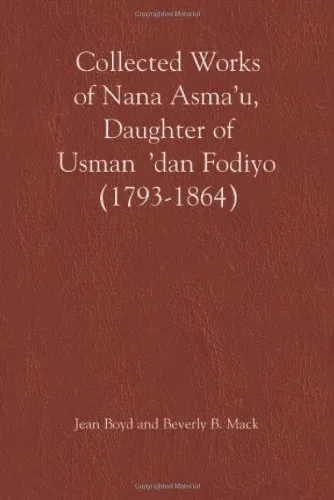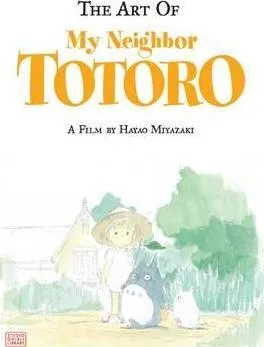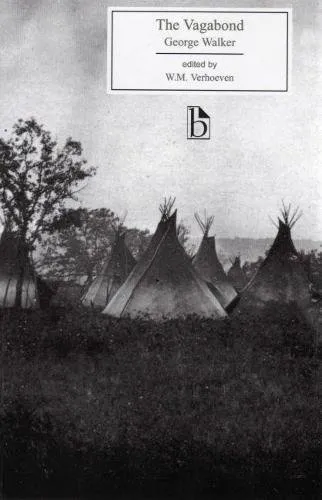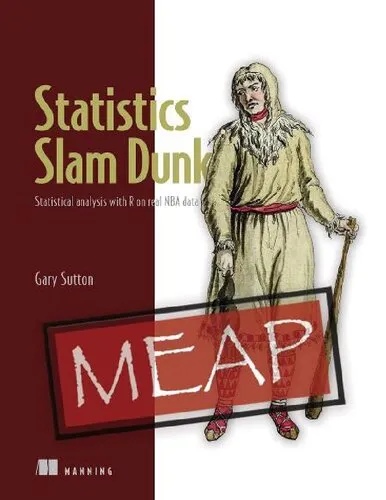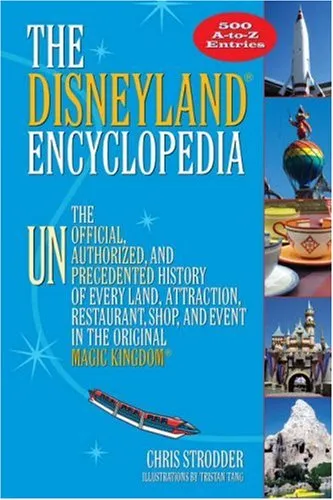Collected Works of Nana Asma'u: Daughter of Usman 'dan Fodiyo
4.6
Reviews from our users

You Can Ask your questions from this book's AI after Login
Each download or ask from book AI costs 2 points. To earn more free points, please visit the Points Guide Page and complete some valuable actions.Related Refrences:
Introduction
The Collected Works of Nana Asma'u: Daughter of Usman 'dan Fodiyo (1793-1864) offers a comprehensive insight into the life and legacy of one of Africa's most remarkable female scholars and poets. Nana Asma'u, the daughter of Usman 'dan Fodiyo, the founder of the Sokoto Caliphate, was not only a prominent figure in West African history but also a beacon of intellectual and spiritual leadership.
Detailed Summary of the Book
This collection showcases the vast array of Nana Asma'u's intellectual contributions, encapsulating her wisdom, spirituality, and advocacy for education. Born in 1793 in present-day Nigeria, she lived through a period of significant change, which was marked by her father's Jihad that established the Sokoto Caliphate. She played a pivotal role in shaping the intellectual and spiritual life of her community through her writings.
The book curates her prolific output, including poetry, religious treatises, and instructional materials designed to enhance the education of women. Her compositions, originally written in languages such as Fulfulde, Hausa, and Arabic, reveal her versatile linguistic capabilities and deep commitment to cultural and religious enlightenment.
Through her work, Nana Asma'u acted as a bridge between traditional knowledge and the emerging Islamic educational reforms. She advocated for the education of women through systems like the Yan Taru, establishing a network of female scholars who would travel to spread scholarly teachings, embodying her belief that education was a vital force for societal improvement.
Key Takeaways
- The Role of Women in Islamic Scholarship: Nana Asma'u's works underscore the significant contributions women can make to Islamic scholarship and societal reform.
- Interplay of Tradition and Modernity: Her poetry and writings reflect a sophisticated blending of traditional ethos with progressive educational ideals.
- Linguistic and Cultural Fluidity: Her ability to operate across multiple languages and cultural paradigms highlights her adaptability and global awareness.
Famous Quotes from the Book
"Knowledge is like a garden; if it is not cultivated, it cannot be harvested."
"We have exerted ourselves in striving for good, in raising the banners of truth, and spreading wisdom to all."
Why This Book Matters
The Collected Works of Nana Asma'u holds profound significance in both historical and contemporary contexts. By compiling her works, the book serves not only as a testament to her remarkable intellect and reformative spirit but also acts as a source of inspiration for generations. In today's world, where the rights and education of women continue to garner attention and debate, Nana Asma'u's legacy offers a powerful example of leadership, resilience, and the transformative power of education.
Moreover, the book is crucial for understanding the dynamics of gender, knowledge, and faith in 19th-century West Africa and portrays the vibrant intellectual life of the Sokoto Caliphate. Her writings provide valuable insights into the Islamic scholarly tradition, promoting a narrative that aligns faith with progressive knowledge and gender equality.
Ultimately, the works of Nana Asma'u remind us that the pursuit of knowledge and empowerment transcends time and geographies, advocating for an inclusive society where education is a universal right and duty. Her words and life story continue to resonate, encouraging scholarly inquiries and inspiring movements for gender equality and cultural appreciation across the globe.
Free Direct Download
You Can Download this book after Login
Accessing books through legal platforms and public libraries not only supports the rights of authors and publishers but also contributes to the sustainability of reading culture. Before downloading, please take a moment to consider these options.
Find this book on other platforms:
WorldCat helps you find books in libraries worldwide.
See ratings, reviews, and discussions on Goodreads.
Find and buy rare or used books on AbeBooks.
1489
بازدید4.6
امتیاز0
نظر98%
رضایتReviews:
4.6
Based on 0 users review
Questions & Answers
Ask questions about this book or help others by answering
No questions yet. Be the first to ask!
